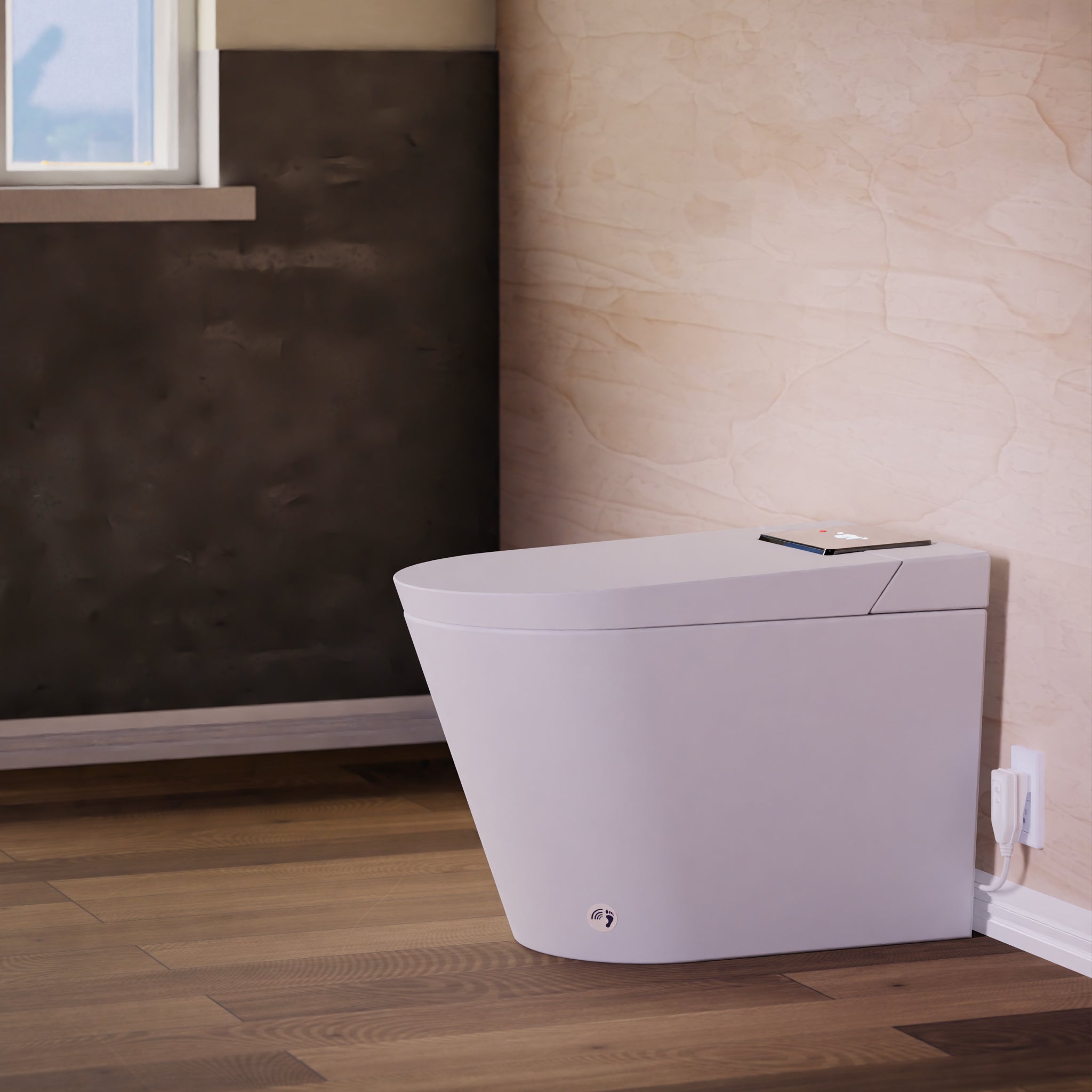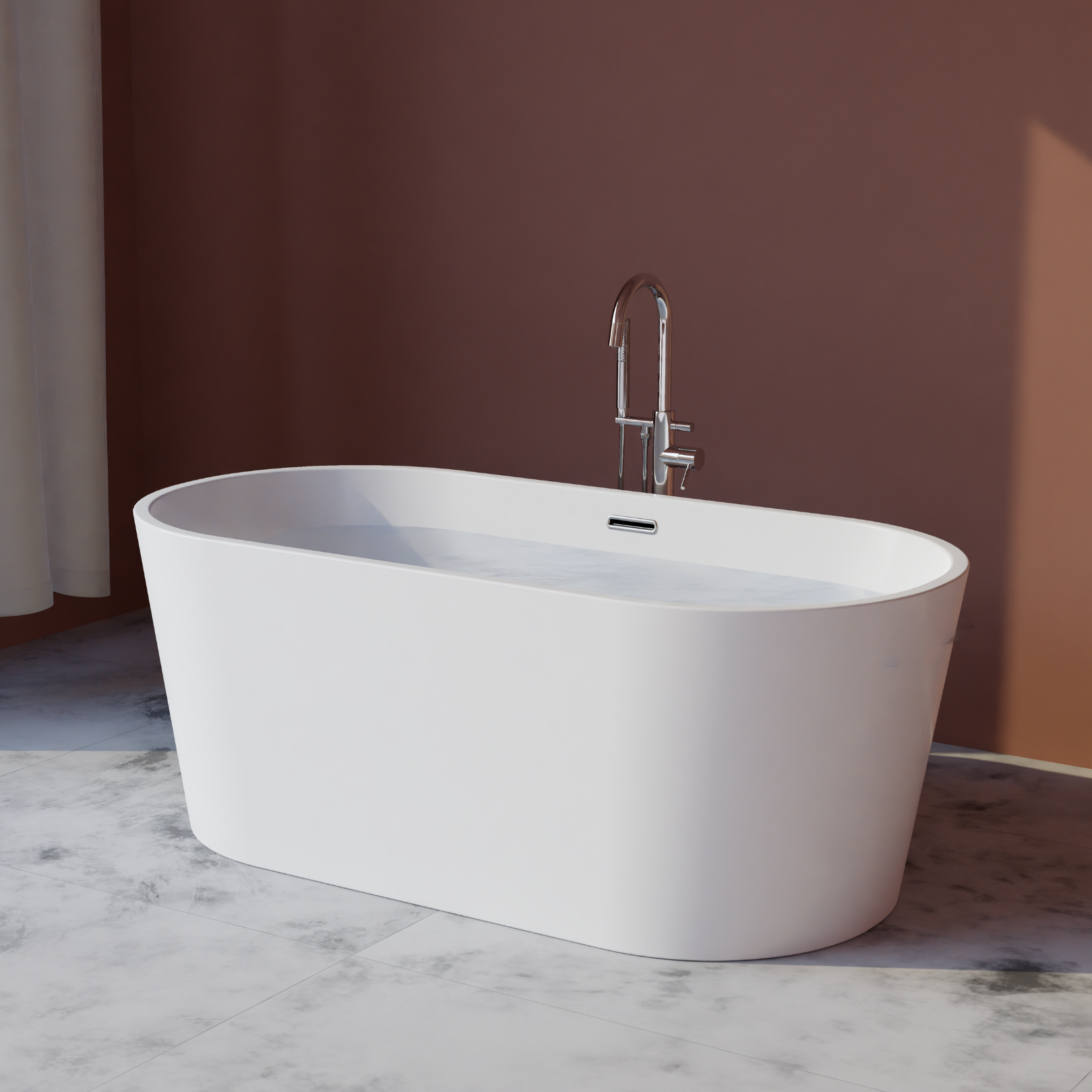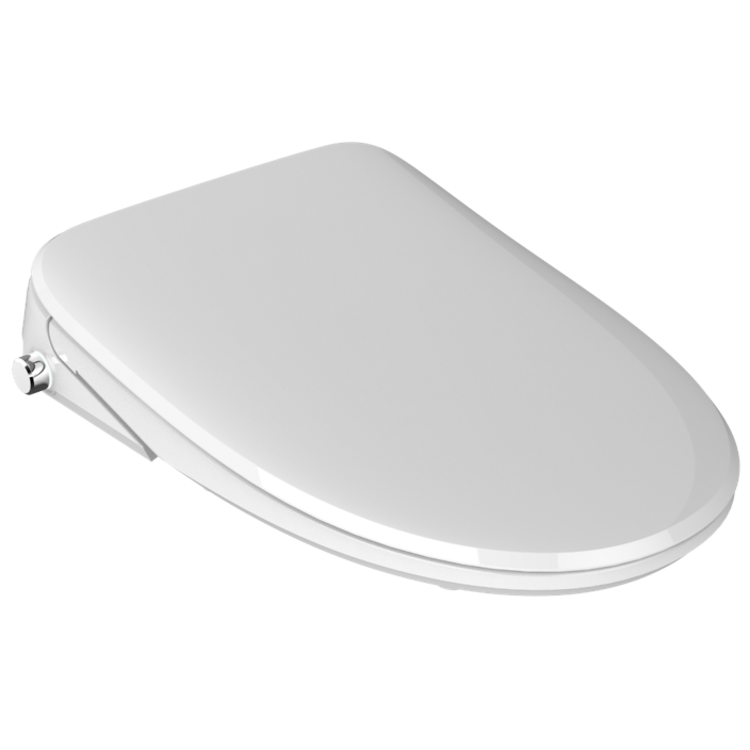What Materials Are Bathtubs Made From?
Adding a bathtub to your bathroom instantly adds a touch of luxury and elegance. It provides a perfect spot for relaxation and starting or ending your day. However, choosing the right bathtub can be overwhelming, with many options regarding materials, dimensions, and shapes. Not to mention, bathtubs can be a costly investment and can be difficult to replace. Therefore, making the right choice is essential. There are many things to consider, including what materials are bathtubs made from, and which is the best choice for me?

Acrylic
Acrylic is a popular material for tubs because it is versatile, durable, and low-cost. It is a vacuum-formed acrylic reinforced with fiberglass. So acrylic bathtubs are lightweight and easy to install. Many consumers prefer this type because of its various benefits.
Pros
- Non-porous
- Lightweight
- Affordable
- Durable
- Repairable surface
- Great heat retention
Cons
- Sensitive to abrasive chemicals
- More expensive than fiberglass
Fiberglass
Fiberglass is reinforced plastic molded into a bathtub shape and then coated with a layer of gel coat resin for added protection. The main advantage of fiberglass material is that it is lightweight and more affordable than other bathtub materials. However, it's important to remember that fiberglass is only one of the most durable materials. It can be prone to scratches, warping, and poor heat retention due to its porous nature.
Pros
- Affordable
- Flexible in design
- Lightweight
- Repairable surface
Cons
- Not durable
- Porous
- The finish tends to fade
- Limited color options
- Cracks and scratches easily
Porcelain Enameled Steel
Porcelain over steel is a bathtub material involving a sheet of steel coated with a layer of porcelain enamel. The combination creates a sturdy and cost-effective material that boasts a sleek and shiny surface, which is also simple to maintain. Despite its weight being higher than fiberglass, it does have a drawback in that it doesn't retain heat well and can be prone to chipping.
Pros
- Affordable
- Stable feel
- Easy to clean
Cons
- Chips easily
- Poor heat retention
- Heavy
- Steel may rust when exposed
- Limited color and shape options
Cast Iron
Cast iron is the best choice if you want a tub that will stand the test of time. The material is created by reducing iron ore in a blast furnace, which forms liquid iron poured into crude ingots to harden. These nuggets are then remelted with alloying elements and scrap metal in cupola furnaces before being cast into molds for various products. While it may be costly, cast iron can be incredibly durable as a bathtub material.
Pros
- Durable
- Scratch and chip resistant
- Heat retention
Cons
- Expensive
- Extremely heavy
- Needs additional support
Cast Polymer
Cast polymers are artificial cast products such as cultured marble, cultured onyx, and cultured granite. It is from molded minerals, polymeric materials, and resins to form a solid material. To enhance the appearance and minimize porosity, the molds for cast polymer typically have gel.
Pros
- More color options
- Repairable surface scratches
- Easy to clean
Cons
- Brittle
- Irreparable cracks
- Expensive
Ceramic
Creating ceramic involves blending clay with various powders, earthen elements, and water. After shaping the mixture into the desired form, it is fired at a high temperature. Once cooled, the ceramic piece is coated with a decorative and waterproof glaze. These beautiful pieces are often used as accents in traditional bathrooms, with tubs available in smooth, glossy finishes or covered in ceramic tiles on the outer surfaces.
Pros
- Affordable
- More designs are available
Cons
- Uncomfortable
- High maintenance
- Complex installation
- Can be expensive
When choosing the perfect bathtub, it's important to consider both durability and ease of maintenance. These are the two key features that the best bathtub materials have in common. If you're ready to create your dream bathroom, our guide can help you choose a tub that fits your unique style, budget, and needs.



